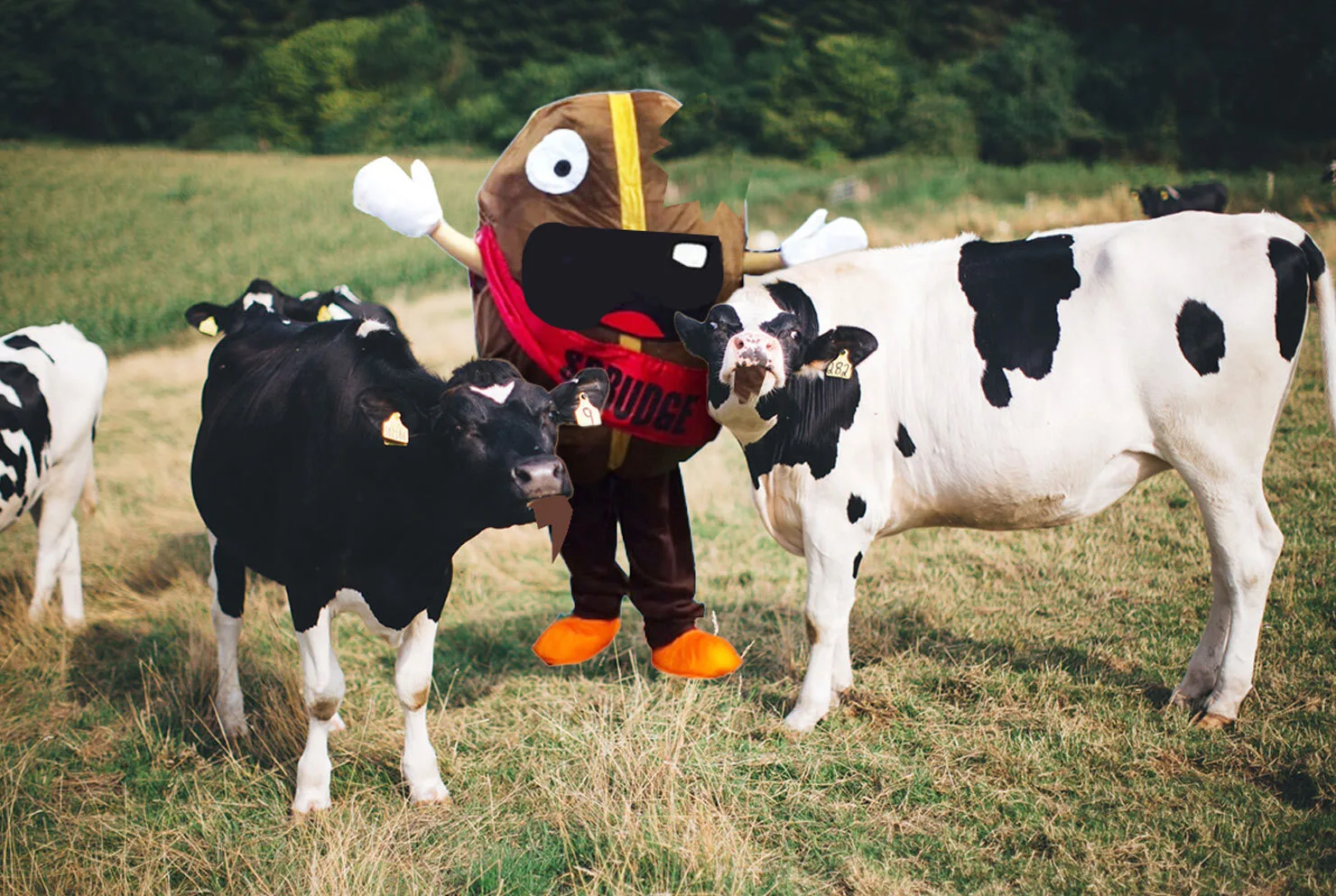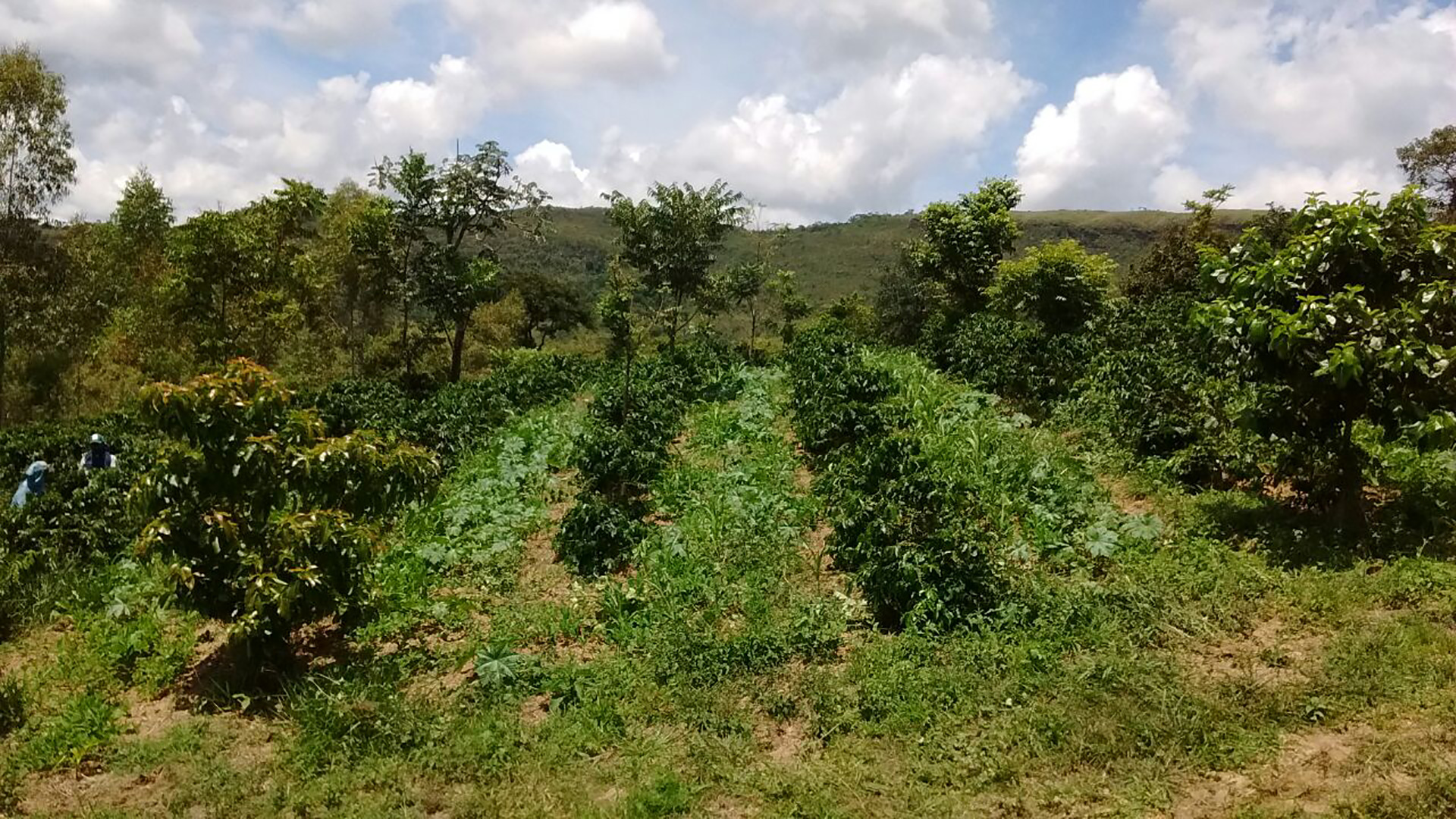You’ve no doubt put milk in your coffee before, but have you ever put coffee in your milk? By which, of course, I mean feeding coffee to cows. Well that’s what they are doing in Europe, and the early results are surprisingly eco-friendly.
As reported by Cinea, a publication by the EU’s Climate, Infrastructure, and Environmental Executive Agency, the new initiative is part of the Life program, “the EU’s funding instrument for the environment and climate action.” Known as Life Ecofeed, the project turns spent coffee grounds into a food for livestock.
The benefits of the new food source are many. There is the upcycling of coffee grounds, which have found multiple uses over the years, though an estimated 46% still end up in landfills, per the article. Turning it to feed allows for another avenue for the use of spent coffee grounds, and a rather large one. Cinea states that the total number of livestock in Europe is projected to increase by 70% by 2050, requiring an equal rise in food supplies.
Traditional livestock feed is made from imported soybeans. The process of getting them soy and turning it to fee is “hugely impactful on the environment.” With spent coffee grounds, farmers have a local source to supplement their livestock’s diet.
To date, 80 tonnes (176,000 pounds) of Life Ecofeed has been trialed on dairy sheep and cows on the largest dairy farm in Spain’s Basque Country. The diets of 150 cows and 48 sheep have been controlled, with 10% and 20% of their diets including spent coffee grounds, respectively. They found no impact on yield, and the milk’s “fatty acid profile” is now healthier.
For sheep, 20% of SCG has been included into their feed formulation, and cow feed contains up to 10%. And then there’s the caffeine. The peppy new addition to the cows’ diet has had an unexpected knock-on effect of reducing methane emissions by 20%.
It’s an interesting initiative with a lot of upside. Currently, 36% of the world’s crops are grown as feed for livestock. There are roughly 10 billion pounds of coffee produced each year. If even a fraction of that can supplement food sources for cattle, the effects on the environment could be significant.
Zac Cadwalader is the managing editor at Sprudge Media Network and a staff writer based in Dallas. Read more Zac Cadwalader on Sprudge.
































